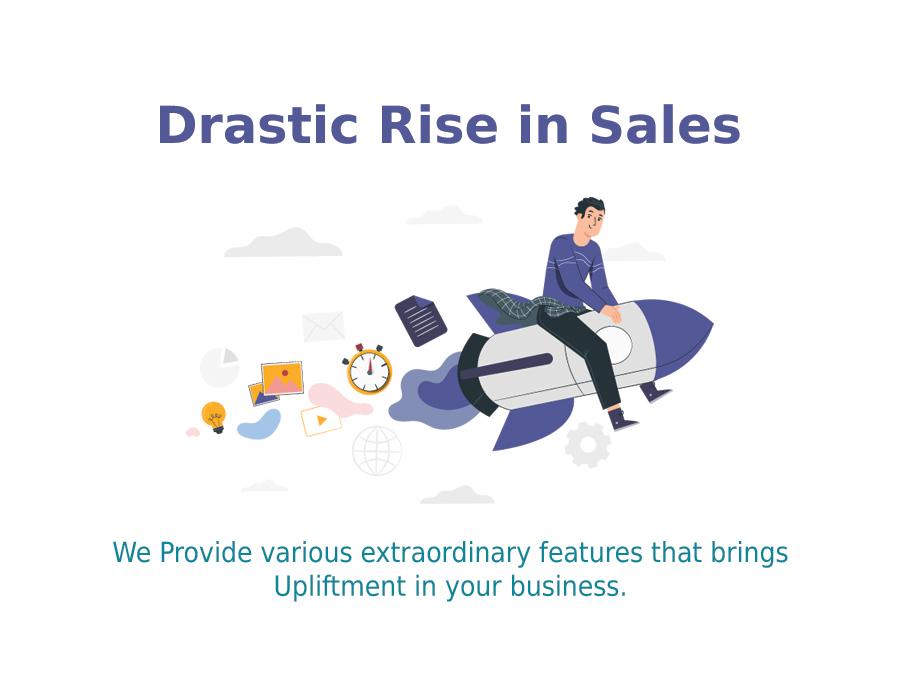-
Noticias Feed
- EXPLORE
-
Páginas
-
Grupos
-
Eventos
-
Blogs
-
Marketplace
-
Juegos
Building Construction: The Benefits of Using B2B Marketplace

Building construction is a complex process that requires collaboration among various stakeholders, including contractors, architects, engineers, suppliers, and clients. To ensure successful completion of construction projects, it is important to have an efficient and reliable supply chain that can provide the necessary materials, equipment, and services. This is where AAJJO B2B marketplaces come in, providing a platform where businesses can connect and transact with each other.
In this article, we will explore the benefits of using B2B marketplaces for building construction, and how they can help streamline the supply chain and improve project efficiency.
-
Access to a Wide Range of Suppliers
One of the primary advantages of using B2B marketplaces is the access to a wide range of suppliers from different locations and industries. This allows construction companies to find the best suppliers for their specific needs, whether it's for raw materials, equipment, or specialized services.
B2B marketplaces also enable suppliers to showcase their products and services to a broader audience, increasing their visibility and sales opportunities. This results in a more competitive market, with suppliers offering better prices, quality, and delivery times to win business.
-
Streamlined Procurement Process
The procurement process for construction projects can be time-consuming and complex, involving multiple stakeholders and negotiations. With B2B marketplaces, procurement can be streamlined by using online tools that simplify the purchasing process.
Through B2B marketplaces, construction companies can easily browse suppliers' catalogs, compare prices, and place orders with just a few clicks. This eliminates the need for lengthy negotiations and paperwork, saving time and resources.
-
Improved Transparency and Accountability
B2B marketplaces provide a transparent and accountable system for transactions between buyers and suppliers. All transactions are documented and tracked, providing a clear record of orders, payments, and deliveries.
This helps to prevent fraud, disputes, and delays, as all parties have access to the same information and can easily track the progress of their orders. This level of transparency and accountability also encourages better communication and trust between buyers and suppliers, leading to more successful collaborations.
-
Cost Savings
By using B2B marketplaces, construction companies can often save money on their procurement and supply chain operations. With access to a wide range of suppliers, they can compare prices and choose the most cost-effective options.
B2B marketplaces can also offer discounts and promotions to attract customers, which can result in significant savings for construction companies. Additionally, the streamlined procurement process and improved transparency can help reduce costs associated with paperwork, negotiations, and disputes.
-
Innovation and Collaboration
B2B marketplaces provide a platform for innovation and collaboration among suppliers and buyers. Suppliers can showcase their latest products and services, while buyers can provide feedback and suggestions for improvement.
This collaborative approach can lead to the development of new and innovative solutions that meet the specific needs of the construction industry. It also fosters a culture of continuous improvement, where suppliers and buyers work together to improve quality, efficiency, and sustainability.
Conclusion: Building construction
B2B marketplaces are transforming the way construction companies procure and manage their supply chain operations. By providing access to a wide range of suppliers, streamlining the procurement process, improving transparency and accountability, offering cost savings, and promoting innovation and collaboration, B2B marketplaces are enabling construction companies to deliver projects more efficiently and effectively. As the construction industry continues to evolve, B2B marketplaces will play an increasingly important role in shaping its future.
- Art
- Causes
- Crafts
- Dance
- Drinks
- Film
- Fitness
- Food
- Juegos
- Gardening
- Health
- Home
- Literature
- Music
- Networking
- Other
- Party
- Religion
- Shopping
- Sports
- Theater
- Wellness
